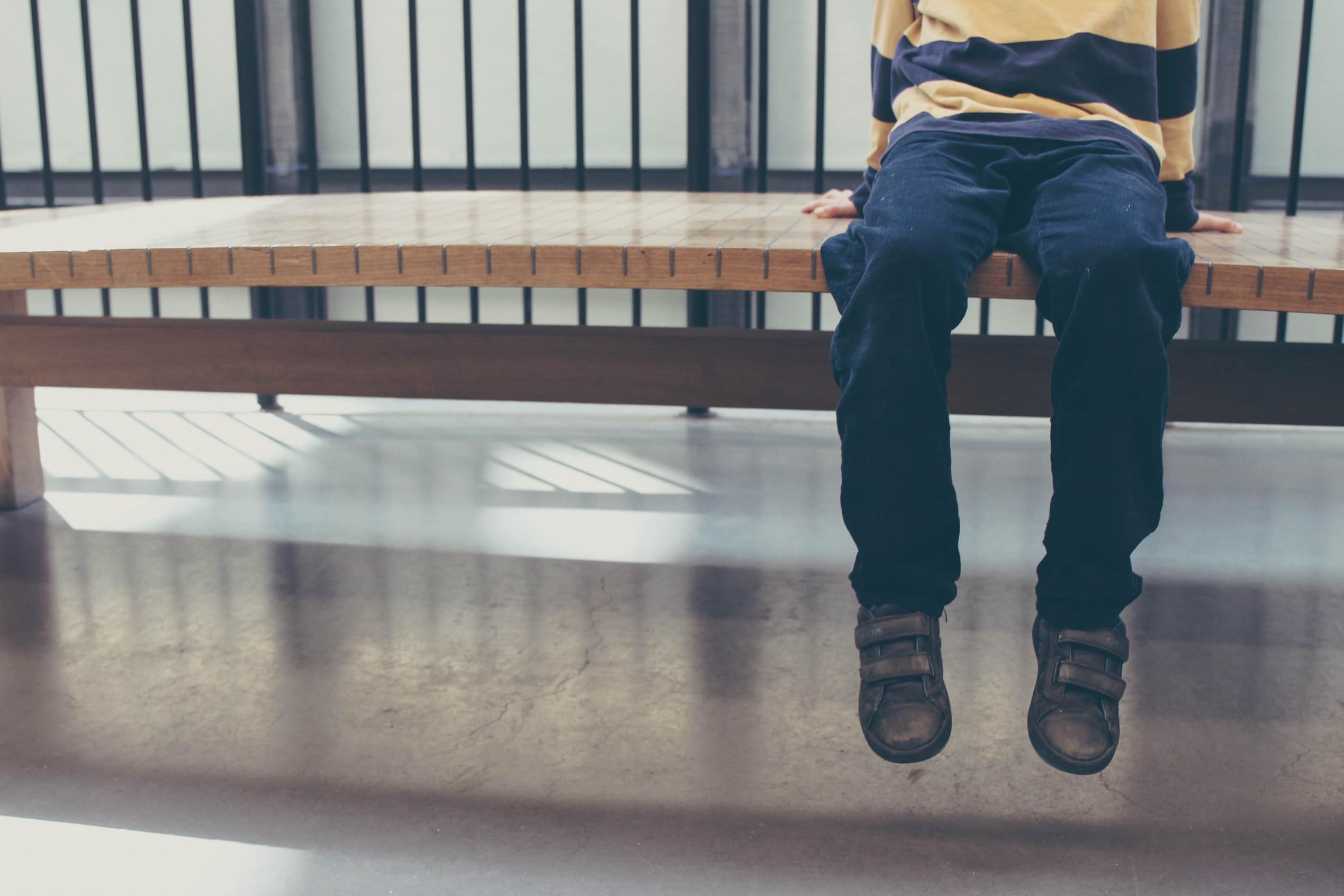Drug Addiction and Abuse
Addiction is a chronic disease that affects an individual’s brain and behavior. When someone is addicted to drugs, alcohol, or other substances, it can feel impossible to resist the urge to use them, regardless of how much harm they may cause.
Drug addiction can involve heroin, methamphetamine (meth), PCP, amphetamines, LSD, or other illicit drugs. People can also develop an addiction to alcohol, nicotine, stimulants, and benzodiazepines, as well as sleep, anti-anxiety, ADHD prescription drugs, and opioid painkillers, such as morphine.
You might choose to try a drug for the first time because you like how it makes you feel. However, over time, drug use results in long-term effects and brain changes, including alterations in the prefrontal cortex, striatum, and the brain’s reward circuits, according to research funded by the National Institute on Drug Abuse (NIDA). These alterations can last a long time, leading to a loss of control, compulsive behavior, and other harmful consequences.

What is drug addiction?
Drug abuse, also referred to as substance use disorder, involves the misuse of legal or illegal substances. For example, you might exceed your regular dose of Ritalin or take someone else’s Adderall prescription medication, or you might use a combination of different drugs. You might abuse drugs to feel good, find relief from stress, or avoid a difficult situation. When it comes to drug abuse, you might still feel a sense of control over your unhealthy habits and the ability to stop using drugs altogether.
Unlike drug abuse, addiction involves feeling no power over your substance or drug use. That is, for someone with drug addiction or opioid addiction, it feels impossible to stop using regardless of the risks to physical health or financial, emotional, and social consequences. As a result of the psychological dependence and brain changes caused by addiction, the preoccupation and craving to use drugs can interfere with everyday life.
How common are drug addiction and drug abuse?
Addictions are common. According to the 2014 National Survey on Drug Use and Health, approximately 21.5 million people in the United States over the age of 12 had a substance use disorder, of which more than 7 million had a drug use disorder. In 2014, nearly eight million U.S. adults had both a substance use disorder and a co-occurring diagnosable mental disorder.
Additionally, research which has analyzed trends in the consumption of tobacco, opiates, methadone, and other illegal drugs, as well as trends in substance-related and opioid use disorders as coded according to the Diagnostic and Statistical Manual of Mental Disorders (DSM-5), the prevalence of tobacco, analgesics, and cannabis has increased significantly in recent years, especially among young people.
What causes drug addiction?
Everyone’s body and brain are different, and each person reacts differently to drugs. Some risk factors that lead to a higher risk of drug addiction include:
- Your family history. Gene expression is responsible for approximately half of the risk of addiction. If your family members have problems with drugs, you’re more likely to develop an addiction, which is partially due to your shared genetics but also related to your growing up experiences.
- Early drug use. Drug use can lead to brain changes, especially in younger people. Taking drugs at a young age or during adolescence can lead to a higher risk of addiction.
- Mental disorders. If you have a mental illness, you’re at a higher risk of addiction. Additionally, environmental factors, such as trauma or sexual abuse, can increase your vulnerability to addiction.
- Troubled relationships. If you grew up with family troubles, such as a constant lack of parental supervision, you might be at an increased risk of addiction, according to a recent study.

Find a Therapist for Drug Addiction and Abuse
Get personalized matchesSigns of Drug Addiction
Although the signs of addiction vary, some common indicators of substance abuse and addiction include:
- Compulsive drug use: You may feel intense cravings or impulses to use the drug every day or several times a day. Preoccupations about and cravings for the substance can interfere with everyday life.
- Harmful consequences: If you have a drug addiction, you may continue using the substance even when it’s dangerous or harms you or the people around you. For example, you may keep using drugs even if intoxication causes impairment at work or leads to significant conflict with loved ones.
- Behavioral changes: Drug use influences the brain’s reward center and plays a role in memory and learning. When a person abuses drugs, their brain is retrained to crave their drug of choice, which can lead to changes in behavior such as dishonesty and manipulation, according to the National Institute on Drug Abuse (NIDA).
- Higher tolerance: Consistent substance abuse stimulates the brain’s reward system, making it more difficult for the brain to handle the high levels of dopamine, the neurotransmitter that creates a feeling of euphoria. In response, the brain decreases dopamine activity or reduces dopamine receptors, leading to a weaker drug reward response. As a result, you may need to use larger amounts of the substance or use the substance more frequently to experience the same effects you used to, which can ultimately lead to an overdose.
- Physical changes: Drug use and dependence can lead to physical changes such as weight loss, dilated pupils, changes in eating habits, and a lack of personal hygiene.
- Withdrawal symptoms: If you stop using the substance, you experience painful physical or psychological symptoms, such as nausea, seizures, and headaches, due to physical dependence.
What should you do if you’re struggling with addiction?
Recovering from drug addiction takes time. Although there’s no simple cure for addiction, treatment can help you stop using drugs and stay drug-free. In most cases, treatment for drug addiction or substance use involves a comprehensive approach involving counseling, intensive medical treatment, and social support. If your substance use is out of control and causing problems in your life, the following resources can help:
- Therapy: Working with a qualified mental health professional can help you understand your addiction and take steps toward recovery.
- Medical care: For many types of drug addiction, the first step in the treatment process is typically medically managed drug withdrawal, which may be followed by additional drug treatment under the care of health care professionals, according to the National Institute of Health. To discuss medically managed detoxification, contact your primary care doctor or a local addiction treatment center.
- Rehabilitation programs: Rehabilitation treatment programs for drug addictions, such as long-term residential programs and outpatient programs, offer a wide range of services, including medical treatment and counseling. To find a program near you, visit the Substance Abuse and Mental Health Services Administration’s national directory.
- Support groups: Support groups, where you can meet people in similar situations, and express your vulnerabilities, play an essential role in the path toward sobriety and in preventing relapse.
- Helplines: If you’re having suicidal thoughts or need immediate mental health support, call the National Suicide Prevention Lifeline at 1-800-273-8255. Additionally, the Substance Abuse and Mental Health Administration Hotline (1-800-622-4357) offers helpful resources and treatment options.
Therapy for Drug Addiction
Several therapeutic interventions effectively treat drug addiction, substance use disorder, and co-occurring mental health disorders. Some of the most common include cognitive-behavioral therapy (CBT), dialectical behavioral therapy (DBT), and psychodynamic therapy.
To find the right therapist, reach out to a mental health professional through WithTherapy. We’ll connect you to a therapist you feel comfortable with, regardless of your personal preferences and requirements.
One of the licensed therapists on the WithTherapy platform will help you develop healthy coping mechanisms, navigate your mental health problems, and determine the best way to move forward.
Find a Therapist for Drug Addiction and Abuse




